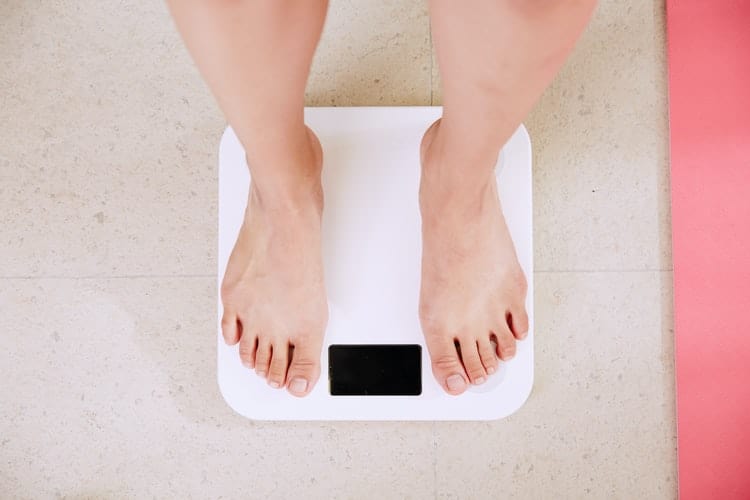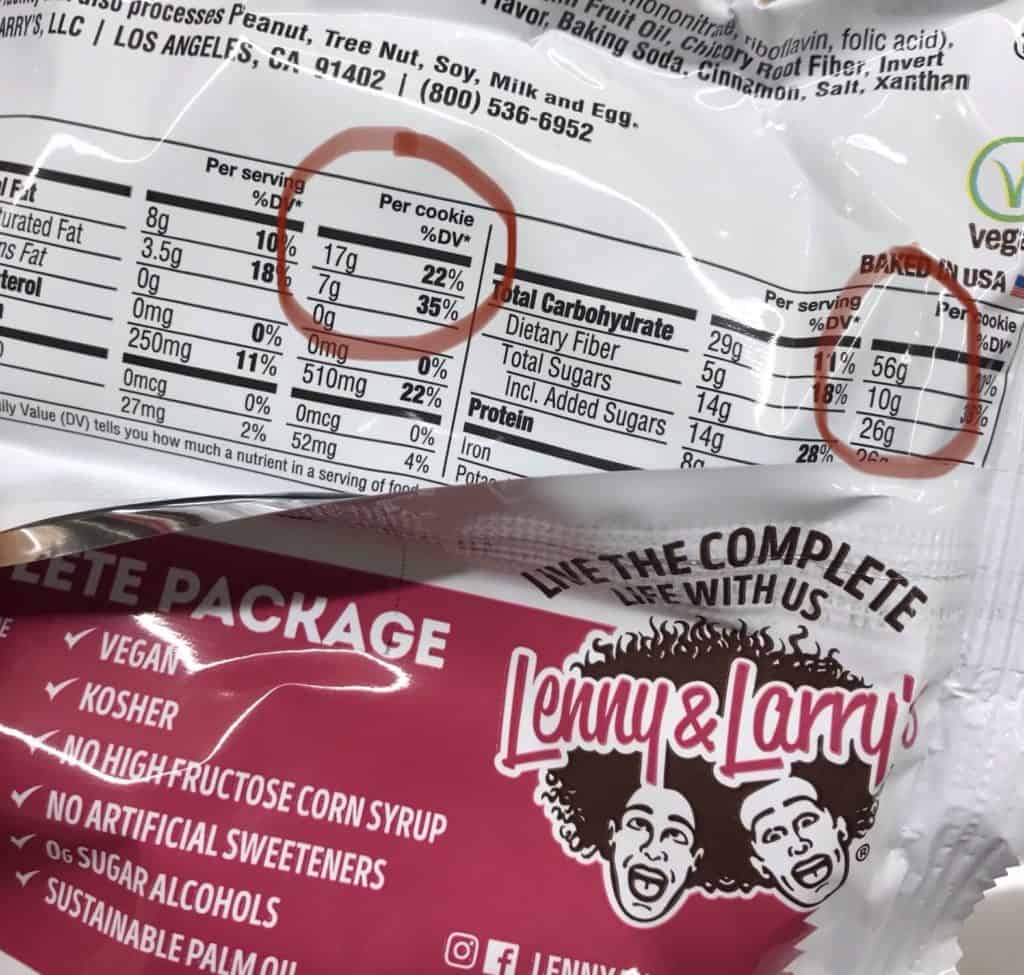
As supplements become more mainstream, products originally reserved for advanced weightlifters and gym enthusiasts are now being used by the average person. Supplements are no longer confined to places like GNC, they’re now available in supermarkets and wholesalers like Costco.
It’s not unusual to see a housewife have a protein shake or a high school athlete use creatine. However with widespread use often comes confusion. There are misconceptions about how certain supplements work and what they do.
Behind protein powder, pre workout supplements are likely the second most commonly used product category. Every major supplement brand has a pre workout, and people enjoy the energy it gives them. They also come in a variety of flavors as well which adds novelty to the products.
Aside from energy, muscle pumps, and mental focus, some people worry about unwanted effects from pre workouts. This is especially true concerning the potential effects on a person’s physique.
Pre workout supplements rarely contain any calories, thus they cannot directly cause weight gain. Occasionally a pre workout will have a few calories for the purpose of flavoring the product, but never enough to make a discernible change to one’s body composition.
At the fundamental level, weight gain is cause by consuming more calories than your body needs. The concept of weight gain and weight lost is simple, which people question since there is such an obesity problem in the United States. While the science is simple, the behavioral modification needed to achieve weight loss is one of the most complex questions we face.
With regard to pre workout supplements, there isn’t even an indirect mechanism that could cause weight gain. It doesn’t have any effect on cravings or blood sugar, nor does it affect digestion in any way.
It’s unlikely that pre workout would even cause weight gain in the form of water retention. Occasionally a pre workout may be high in sodium, since sodium is an electrolyte lost during intense training. But this is rare and those particular supplements are marketed towards athletes rather than the average weightlifter.
Some pre workout supplements even contain thermogenic ingredients to elevate body temperature and make you sweat more.
In fact, you could argue that pre workouts are helpful for weight loss and cravings due to the stimulants. Caffeine is a great appetite suppressant and has been shown to aid in fat loss.
What Supplements Could Cause Weight Gain?
Any supplement that contains significant caloric value has to potential to cause weight gain. This includes protein powders, protein bars, and RTD (ready to drink) supplements.
Most protein powders are quite lean in terms of its nutrition profile. They usually fall under 150 calories per scoop, all of which coming from protein with very little fat or carbohydrates. The obvious exception is weight gainer shakes, which can be upwards of 1,000 calories per serving.
However, it’s pretty evident from the label when you’re purchasing a mass gainer supplement. But accidents do happen; I’ve had clients purchase weight gainers thinking it was a regular protein powder.
There are cases where you may buy a protein that falls between a lean powder and a mass gainer. This would be something like Syntha-6, which has 6g of fat, 15g of carbs, and 22g of protein per scoop. Even then, within the scope of a balanced diet, it’s unlikely this would cause significant weight gain.

Protein bars can be a sneaky source of additional calories. A MetRx protein bar packs about 400 calories. These are meant to be meal replacements, but some people are not aware of that.
Other bars are less calorically dense, but are so small in volume that it’s hard to eat just one.
Protein cookies are an egregious source of calories as well. A Lenny and Larry’s cookie has 17g of fat and 56g of carbs per cookie. That is a pretty outrageous amount when you consider that the cookie is not particularly big.
It’s important to note that calories are calories, even when coming from seemingly healthy sources.
Summary
The only supplements that could impact someone’s weight have to contain calories. These would include protein bars, protein powders, and ready-made drinks. Pre workout supplements rarely contain any calories, thus they cannot inherently cause weight gain.
If you suspect a product in your supplement stack is causing weight gain, it’s important to check the nutrition facts panel to make sure it isn’t packing on more calories than you intend. Oftentimes the nutritional profile looks good, but you come to realize that a serving size is half of what you thought it was.
Recent Posts
Stretching Before Workouts: Essential Warmup or Performance Killer
“Don’t stretch before workouts, your muscles become too supple” “Stretch before your workouts, warming up is important” It's conflicting advice like this that drives people crazy,...
Best Protein Bar For the Money | Cost Effective, High Quality
Protein bars are no longer a supplement dedicated to diehard gym rats, with awful taste and the consistency of a brick. Men, women, and even teenagers can commonly be seen eating protein bars. The...
